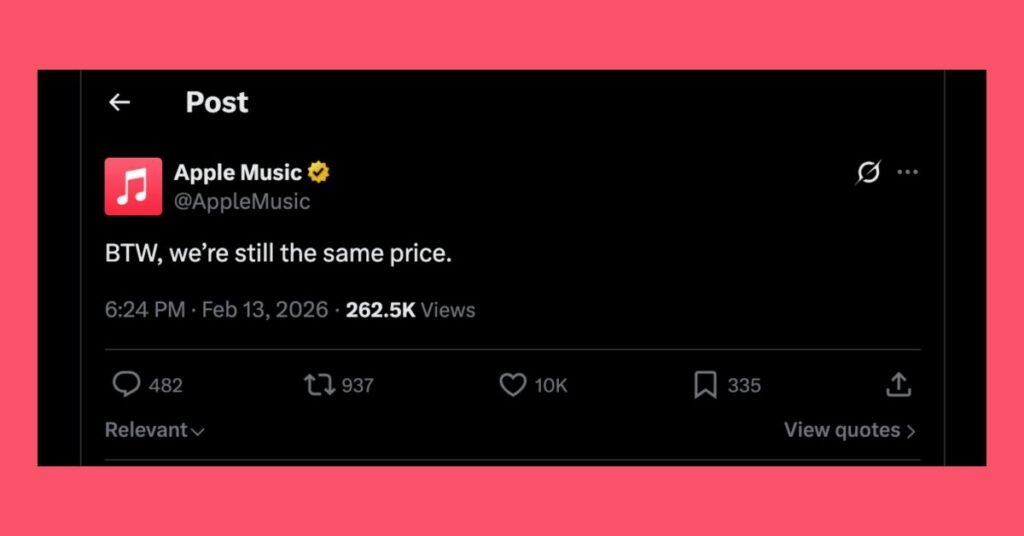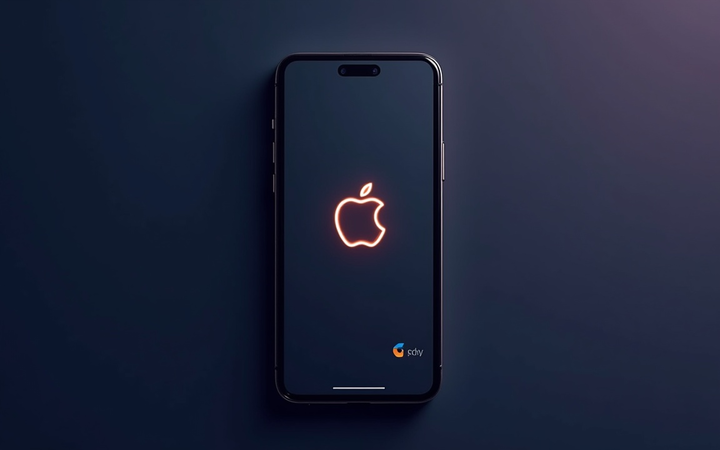Coinbase App Gets Left Behind as Memecoin Craze Drives Traders On-Chain

Coinbase App Gets Left Behind as Memecoin Craze Drives Traders On-Chain
Phantom, a crypto wallet with a steeper learning curve, is ahead of exchange giant Coinbase in the Apple App Store rankings.
- Phantom, a decentralized crypto wallet, has overtaken Coinbase (COIN) in the Apple App Store rankings, reflecting an on-chain shift as traders embrace high-risk memecoins.
- TikTok videos are teaching people how to navigate wallets that are harder to use than centralized exchanges like Coinbase.
- “Traditional centralized exchanges can’t keep up with all of the new on-chain paradigms fast enough,” Phantom CEO Brandon Millman said.
It’s long been a cryptocurrency maxim that Coinbase’s (COIN) ranking in app store downloads signals how much retail traders are participating in a bull market. Well, the bull run’s here, and Coinbase isn’t climbing charts like it used to.
Instead, Phantom, a harder-to-use crypto wallet, has leapfrogged the better-known centralized exchange. At press time, Phantom was in seventh place among free applications — between Temu and Google — on Apple’s U.S. App Store, well ahead of Coinbase at 27th.
The flip is challenging expectations of what mainstream traders can tolerate during their first days in crypto. While the bitcoin community in particular has always emphasized “being your own bank,” other parts of the cryptoverse, like Coinbase, have bet on a more accessible experience.
Memecoin mania is blowing that up. Coinbase and other established exchanges don’t list the bottom-of-the-barrel, hours-old, exceptionally risky yet sometimes tremendously lucrative (if you don’t lose your shirt, as most do) joke tokens that new traders want to bet on. To get those, they gotta go on-chain with something like Phantom.
“Traditional centralized exchanges can’t keep up with all of the new on-chain paradigms fast enough,” said Phantom CEO Brandon Millman in an email.
Chill Guy, TikTok
In the past week, one memecoin in particular, Chill Guy, caught plenty of attention on TikTok and even more bids on-chain. Bolstered by a coordinated social media marketing campaign, CHILLGUY — whose mascot is, well, a chill-looking dog — soared in days from a market cap of basically nothing to as high as $500 million.
Buying CHILLGUY and other fresh memecoins requires a bit more effort than, say, buying bitcoin (BTC) on Coinbase. Traders must navigate decentralized exchanges and learn to futz with finicky order settings just to get the prices they want. It’s a clunky setup with a high learning curve compared to the exchanges.
Whether TikTok is primarily responsible for driving newcomers on-chain is an open question. The video app’s exceptionally niche crypto scene doesn’t have any truly standout videos racking up millions of views, as those de rigueur dance routines often do. More common are the oodles of low-viewership crypto bros crowing about their gazillionaire designs. A handful also teach their followers how to download Phantom.
Coinbase is onboarding memecoins, to be sure. In the past week, it greenlit FLOKI and PEPE, as well as WIF for German traders. Those tokens have been around a relatively long time and accrued market caps in the billions of dollars, making them more stable (relatively speaking) than, say, DIDDYOIL, a memecoin only accessible to traders who operate on-chain.
“Our mission is to increase economic freedom in the world, and we know we can’t do it alone,” a spokesperson for Coinbase said. “We believe a rising tide raises all boats, and we are thrilled to see more people engaging on-chain and with crypto over the last few weeks.”
While the Coinbase exchange itself is only tiptoeing into the memecoin space, the company at large is attempting to foster — and capture — such activity with its layer-2 network, Base. Base’s memecoin scene isn’t at the level of Solana (SOL), but it still sees millions of dollars worth of volume each day.
“We’re focused on making on-chain faster (transactions anywhere across the globe in seconds), cheaper (with typical Base fees of less than 1 cent) and easier to use, so on-chain technology is accessible to anyone, anywhere in the world,” the spokesperson said.
“We’re looking forward to bringing a billion people on-chain.”
Danny Nelson
Danny is CoinDesk’s managing editor for Data & Tokens. He formerly ran investigations for the Tufts Daily. At CoinDesk, his beats include (but are not limited to): federal policy, regulation, securities law, exchanges, the Solana ecosystem, smart money doing dumb things, dumb money doing smart things and tungsten cubes. He owns BTC, ETH and SOL tokens, as well as the LinksDAO NFT.
!–>!–>!–>
Read More
Be the first to write a comment.












Postmedia is committed to maintaining a lively but civil forum for discussion. Please keep comments relevant and respectful. Comments may take